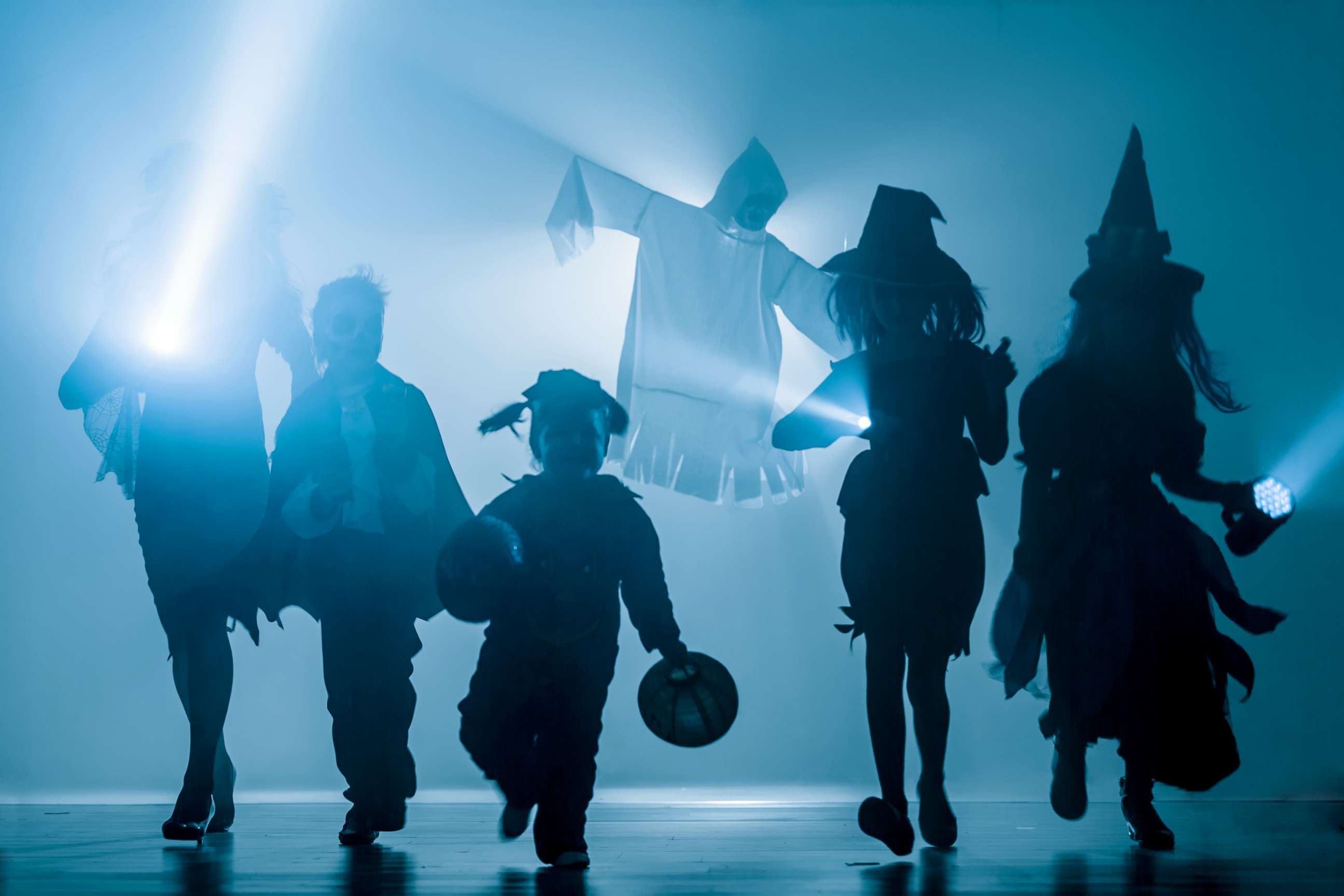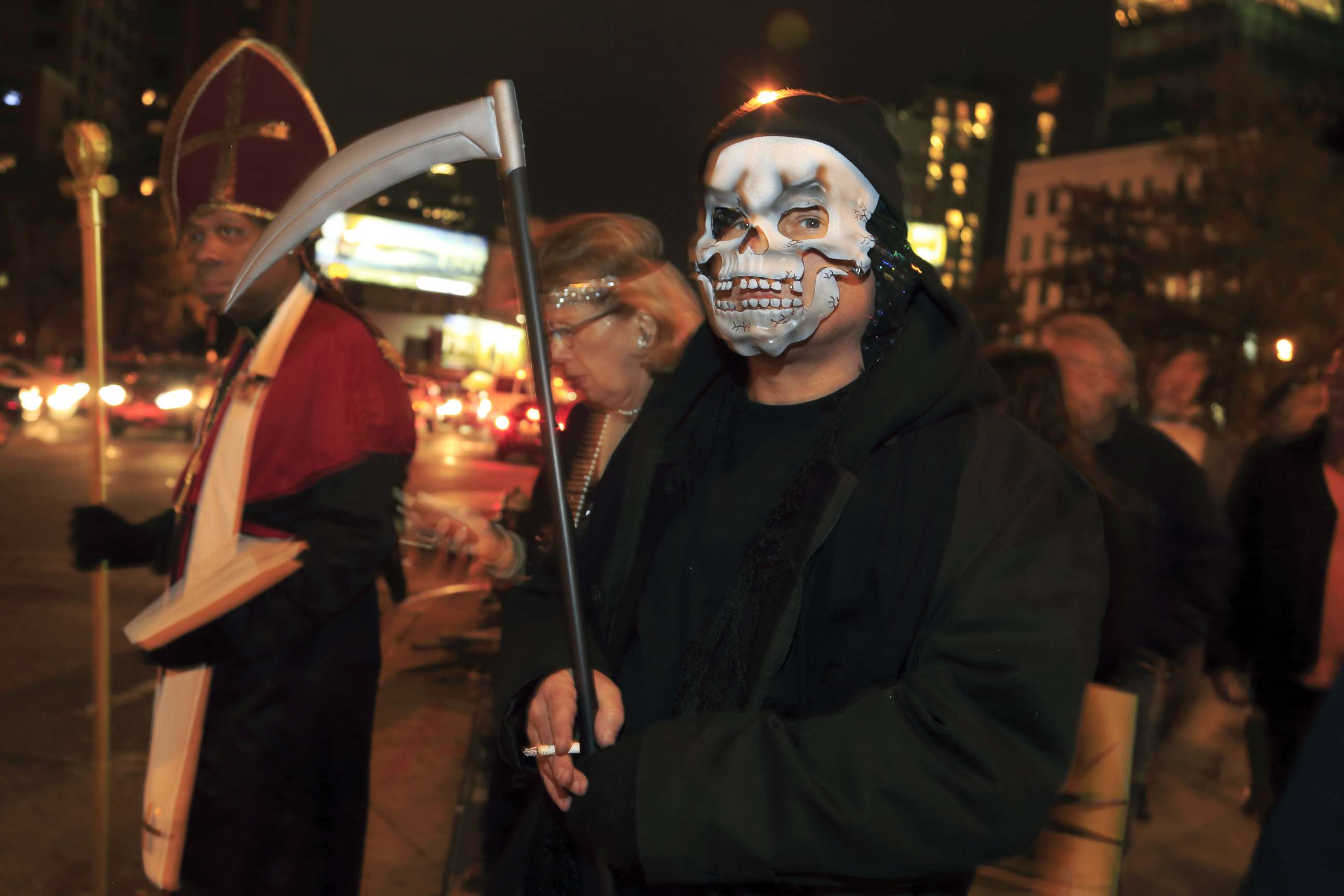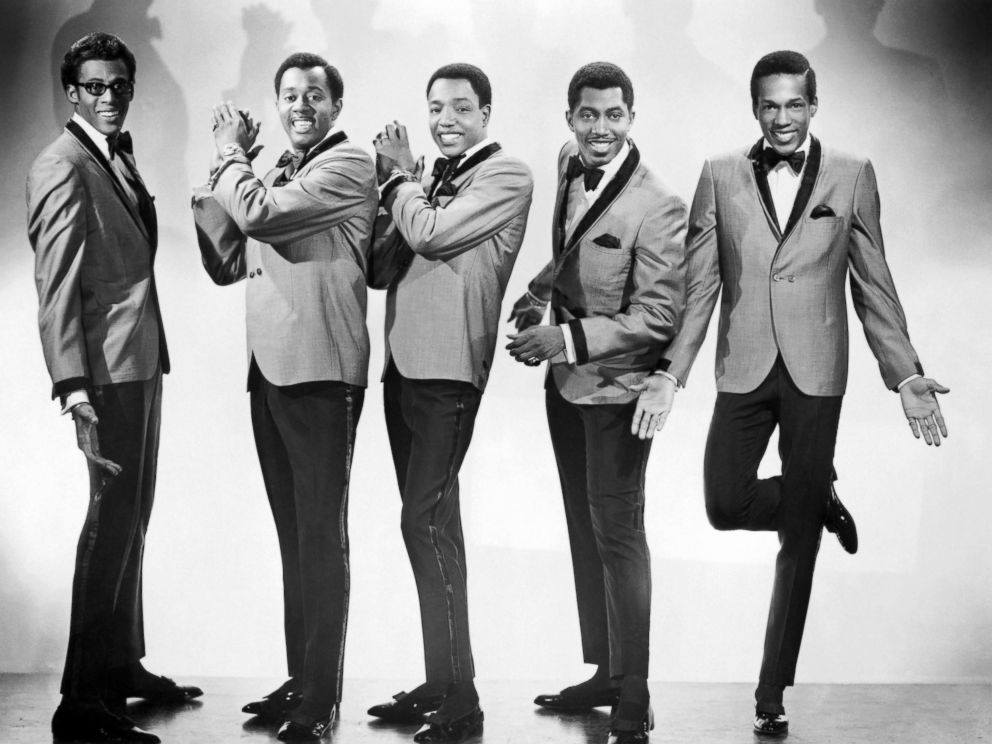Halloween tales from the emergency room
Some people take their Halloween celebrations way too far.
— -- The scariest place on Halloween isn't a cemetery or haunted house -- it's the emergency room.
The majority of cases emergency room physicians see on Halloween are alcohol or drug intoxication and trauma, Dr. Robert Glatter, an emergency physician at Lenox Hill Hospital in New York City, told ABC News.
Sometimes, the accidents don't even happen on the holiday itself, but rather the holiday-designated weekend, when inebriated adults act worse than the children and get themselves hurt in the process, doctors said.
Emergency room physicians regaled stories to ABC News on their most memorable Halloween mishaps:
Most patients arrive to the hospital in "some sort of costume"
The Halloween festivities fill the emergency room with a plethora of characters. Most of the people seeking treating arrive "in some sort of costume," ranging from everything from the silly to the scary, antique and scantily clad, Dr. Michael Lynch, a toxicologist and an emergency physician at the University of Pittsburgh Medical Center, told ABC News.
There can be a Spiderman in one room, while the next is occupied by Wonder Woman, Michael Kaufmann, emergency physician and EMS medical director at St. Vincent Indianapolis Hospital, told ABC News.

A lot of times, costume makeup looks so real that doctors and nurses cannot discern at first glance whether they're looking at fake blood or just corn syrup and dye, Lynch said.
The most common costumes Lynch has seen is "every president you can think of," mainly, President Trumps, President Bushes (both of them), Obamas and Clintons, he said.
While doctors always hate to see children in the emergency room, they're usually dressed in "something cute," such as an M&M or superhero, Lynch said.
The hospital has sort of a "running game" on which patient has the best costume, Lynch said.
The persistent "nurse"
One year, Lynch treated a woman in her early 20s who took her Halloween alter ego a little too seriously.
The woman -- who was wearing a nurse costume -- was being treated for injuries she received from falling while intoxicated, Lynch said. She had gone out to a bar to celebrate, but by the time she got to the emergency room, she'd broken one of her heels, her makeup was running, and there was a distinct run in her panty hoes.
While her injuries were minor, doctors and nurses had to essentially babysit the patient, as she kept running out of her room, approaching patients with her fake stethoscope and pretending to be an actual nurse, Lynch said.
Every 20 or 30 minutes, hospital staff would escort the errant fake nurse back to her room, but she would somehow find a way to run up to another patient to introduce herself as their caretaker, Lynch said.
"It was clear that she was not [a nurse], based on her attire," he added. "...On the plus side, she did not charge us for her services."
Although the woman had already been treated, hospital staff cannot discharge intoxicated patients until they are no longer impaired, so they "had to keep watching her," Lynch said.
Candy in places where it doesn't belong
Dr. Erica Michiels, associate director for the Helen DeVos Children's Hospital's pediatric emergency department in Grand Rapids, Michigan, told ABC News that the pediatric center practically serves as a candy removal service in the days following Halloween.
One case, when a little boy stuck a black jelly bean up his nose, turned out to be especially gross, Michiels said.
The boy's parents brought him into the emergency room because, try as they might, they could not free the jelly bean from its nasal prison, Michiels said. By the time the family got to the hospital, the sugary foreign object had been in the kid's nose for a couple of hours, she said.

To remove it, doctors used a Katz Extractor, a short tube with a balloon at the end of it, Michiels said. The removal method involves sticking the tube up the patient's nose and blowing up the balloon. Once you pull it back out, it will usually pull out whatever is stuck up there.
In this case, what came out was a "gigantic black glob," which had melted from the jelly bean's gelatin interior, Michiels said.
"His parent thought I was going to pull out a whole jelly bean," she said. "When this big string of goop came out of his nose, they were pretty disgusted."
Often, when children stick an object where it doesn't belong, doctors have to check other crevices as well, such as ears. The biggest culprit are Nerds, the small cluster-shaped hard candies, which "fit very nicely in ears," Michiels said.
The pirate who lost his sword fight
Doctors warn those dressing up for Halloween to be careful when using props such as knives, swords and guns on Halloween for fear they may be mistaken as real weapons, Kauffman said.
One patient learned the hard way that even fake weapons can cause some painful injuries.

The 22-year-old man had just come from a bar featuring a costume dress-up night event, where he "got beat up" with a plastic sword, Lynch said.
"He was, ironically, dressed up as a pirate," Lynch said. "He lost his sword fight."
The patient's injuries were limited to "a lot of bruises."
"Fortunately, because [the sword] was fake, it didn't penetrate him," Lynch said.
Drugs and tight costumes don't mix
Several years ago, Glatter said he cared for one patient who arrived in a tight-fitting bear costume and was having difficulty breathing.
Earlier that day, the patient had taken ecstasy, which rose his core body temperature to a whopping 106 degrees, Glatter said.
The patient probably was not able to reuse his costume. Due to a zipper malfunction, hospital staff were forced to cut the costume off "in order to fully expose the patient and institute appropriate cooling measures," Glatter said.
The fake "original member" of the Temptations
One patient -- who also ended up in the emergency room due to an injury he received while intoxicated -- had convinced himself that he was one of the original members of The Temptations.

The man showed up to the hospital dressed in a old 1950s or 1960s-style suit and determined that it was the perfect time to entertain his fellow patients, Lynch said.
"Every five minutes he would break out in song -- all Temptations," Lynch said of the man, whom he described as being in his late 50s. "I think he actually believed he was one of the original members.
The part that gave him away: he didn't know the words to the song, Lynch said.




